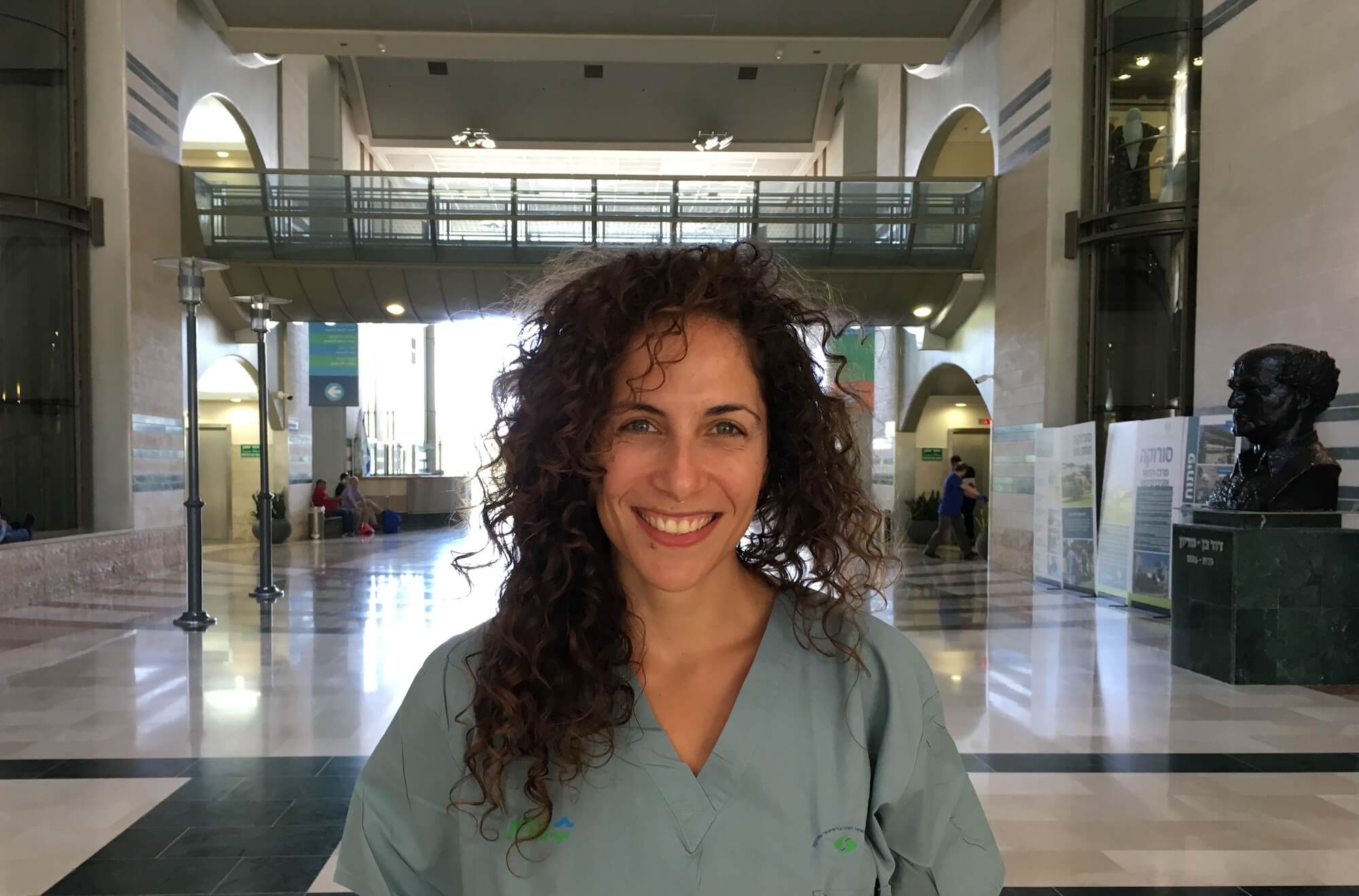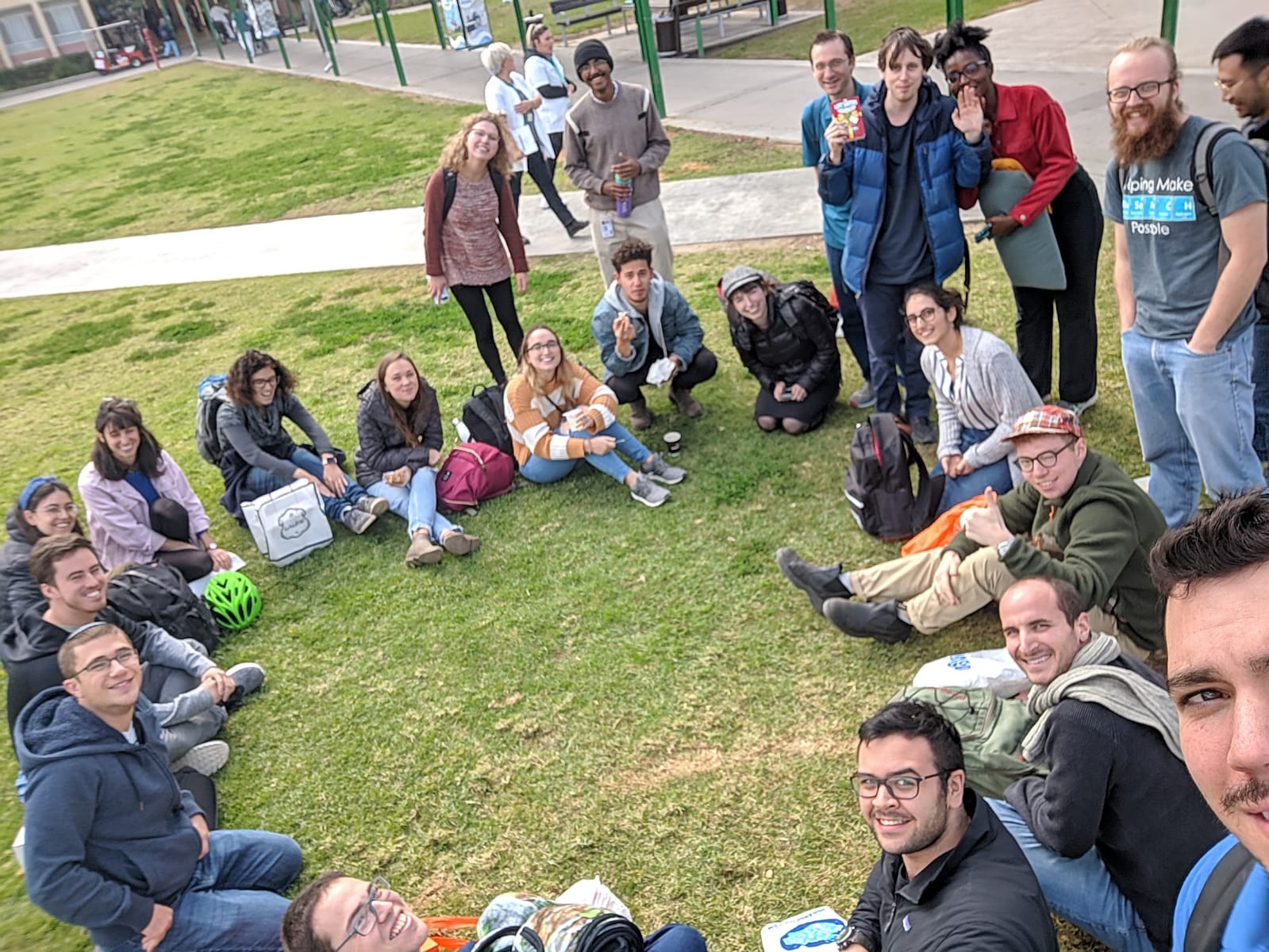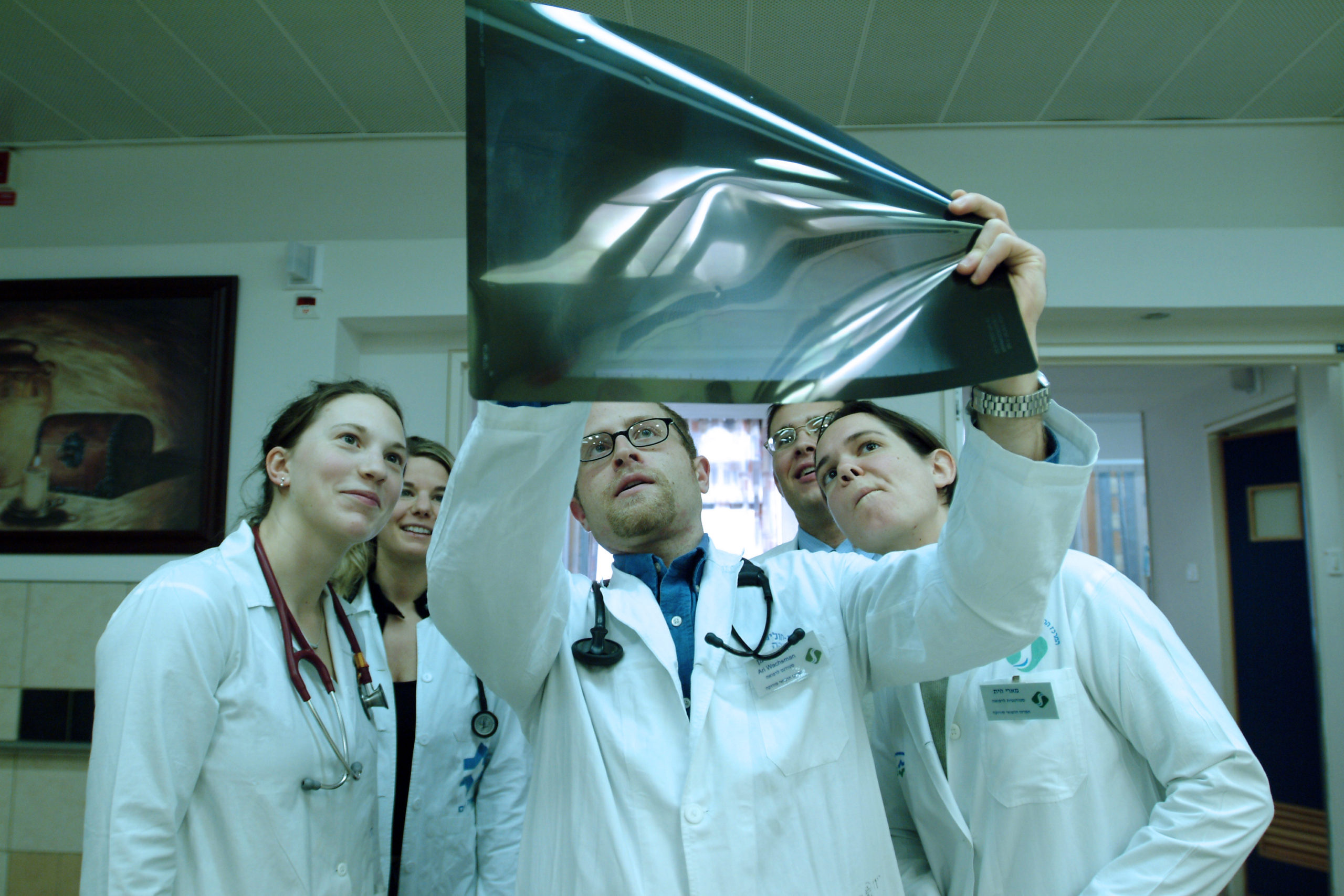During a three-week visit shadowing in the surgery department at Kathmandu Model Hospital last year, MSIH 3rd year student, Chloe Pinto encountered a 15 year-old boy who had been misdiagnosed during numerous visits to local primary care outposts. By the time he reached hospital, some two years later, his colorectal cancer had already metastasised.
“The boy’s condition struck me,” explains Chloe, “especially after being present for the explorative laparotomy (where a patient’s abdomen is opened for exploration). Seeing the extent of disease in such a young patient was really surprising, and I started to research it.”
Inequalities in healthcare
Nepal suffers from vast inequalities in modern healthcare. The low-income country wrestles with far-reaching insufficiencies in minimal preventative medicine, health awareness, limited infrastructure and difficult topography—all of which contribute to poor access and poor care-seeking behaviour.
Chloe soon discovered that there are very few papers on the subject of undiagnosed serious illness in the young of low-income countries. “I was present during morning rounds, and realized this patient knew nothing of his disease… so my interest in surgery and illness combined with ethics and handling of such cases in Nepal made me want to write about it.”
Chloe studied the reasons for it taking two years to diagnose the boy’s condition. She discovered that beyond the rarity of his condition, the logistical and financial obstacles he faced in Nepal, particularly outside of the capital of Kathmandu, deterred his access to a higher level of care and delayed his correct diagnosis and treatment.
Literature
An examination of the relevant literature indicated that in such environments, younger patients often present in later stages of a disease due to initial misdiagnosis.
“I contacted Dr. Zvi Howard Perry of my med school and he encouraged me to write a case report,” she says.
Chloe’s observations and findings were published this month in the British Medical Journal Case Reports (doi:10.1136/bcr-2017-219289), in an article written jointly with Dr. Zvi Howard Perry.





